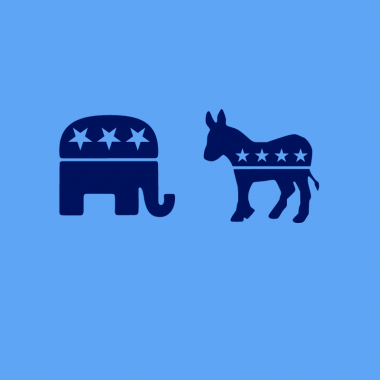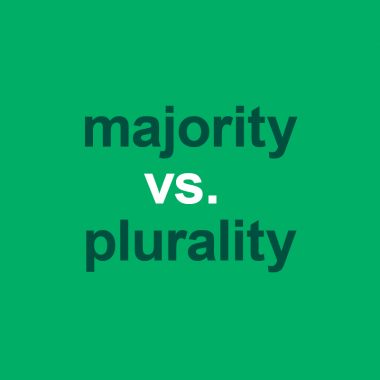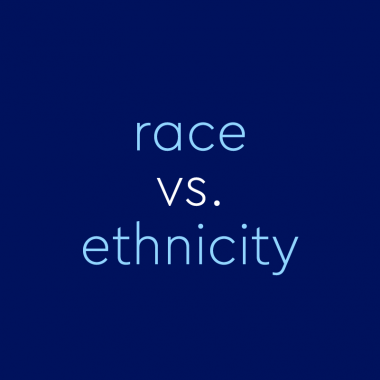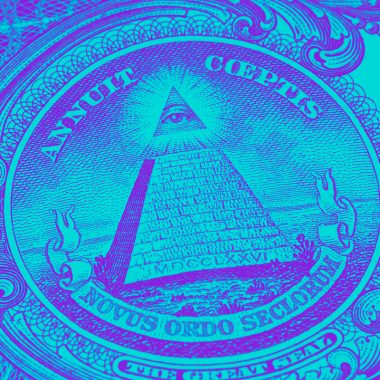What In The World Is The “Hindenburg Omen”?
While it may sound like a sequel to The Girl with the Dragon Tattoo, a Hindenburg Omen isn’t any fun. If you want to call attention to potential bad news, it’s hard to go wrong with the name Hindenburg. What was the Hindenburg? Paul von Hindenburg was a celebrated World War I general and a less celebrated president of Germany. The more infamous Hindenburg, however, is the dirigible named …











